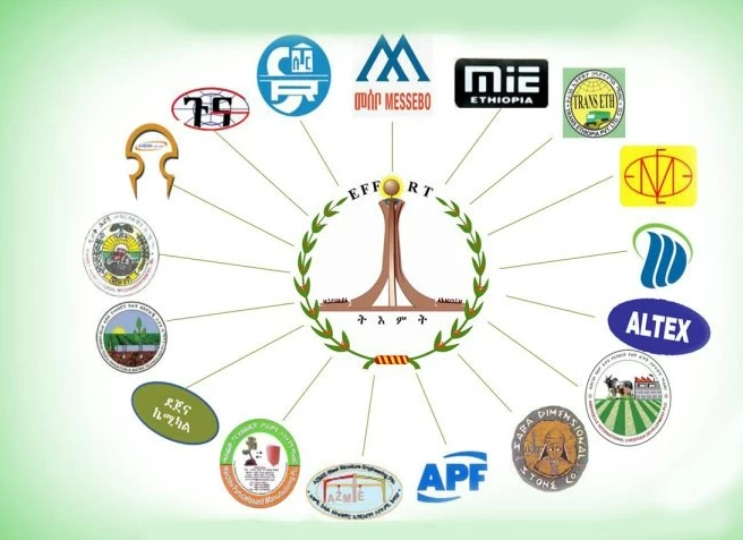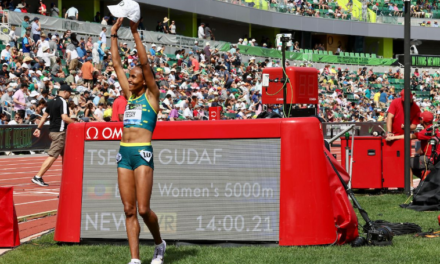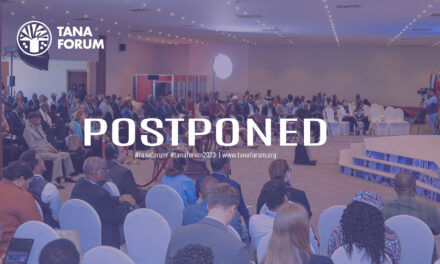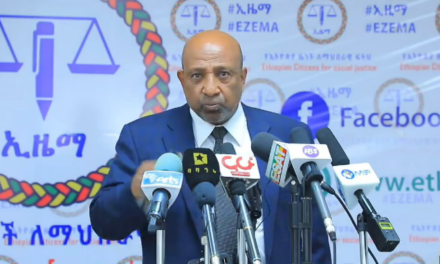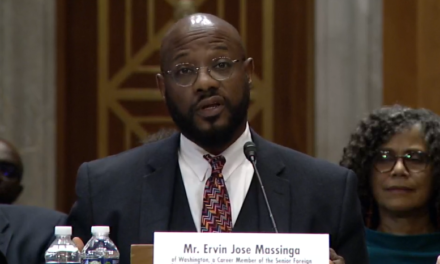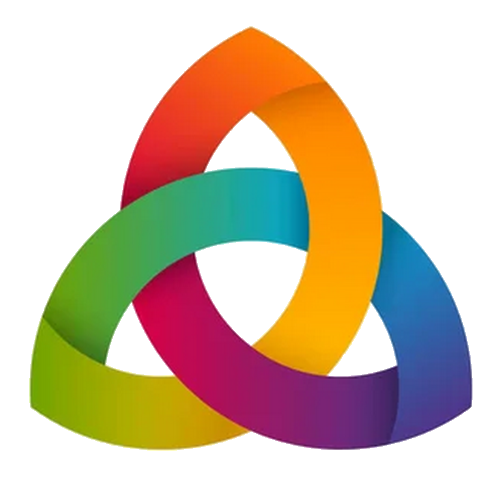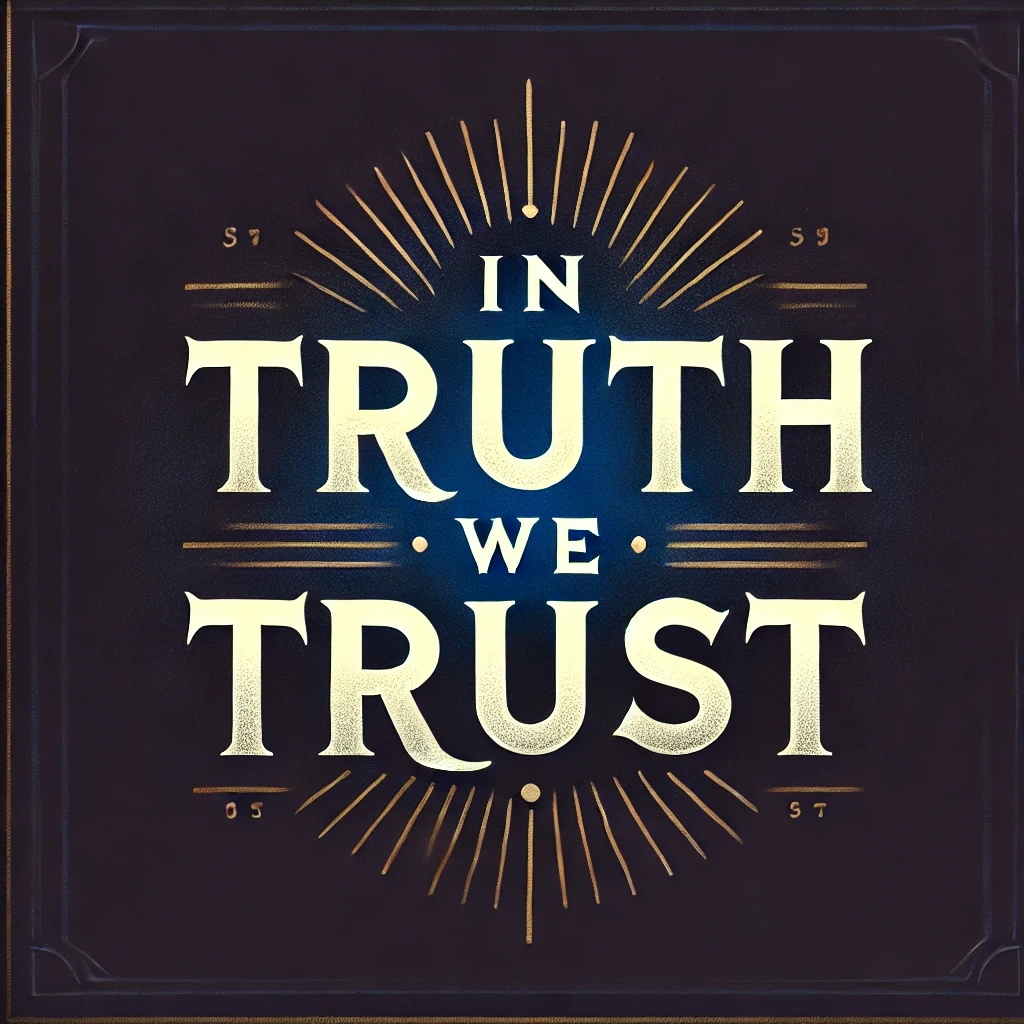Dejen Media (July 31) — The Federal High Court has lifted the ban on 21 companies operating under the Endowment Fund for the Rehabilitation of Tigray (EFFORT). The court also ordered the revocation of the temporary management responsibilities held by Commercial Nominees Limited Liability Company (NLLC), which had been overseeing the companies during the suspension.
The decision was passed last Friday following a request from the Ministry of Justice to lift the suspension and end NLLC’s temporary management role. Previously, former Tigray People’s Liberation Front (TPLF) leaders, Seye Abraha, Sebhat Nega, and the late Prime Minister Meles Zenawi’s wife, Azeb Mesfin, had taken turns managing EFFORT.
EFFORT companies have long been criticized for allegedly serving as a tool for the TPLF to exert control over key economic sectors and undermine private businesses. The conglomerate managed organizations involved in various industries, including construction, textile, agriculture, mining, and transportation. Notable companies under EFFORT’s management included Sur Construction, Guna Trading, Mesbo Cement, Mesfin Industrial Engineering, Ezana Mining, and Almeda Textiles. At the time, the companies were suspected of “financially supporting terrorism” in connection to the war in northern Ethiopia.
The bank accounts of 34 organizations under EFFORT and linked companies were suspended in the aftermath of the outbreak of the conflict in northern Ethiopia in November 2020. The suspension was lifted as part of the Pretoria Peace Agreement, which aimed to bring an end to the hostilitiesAt the time, the companies were suspected of “financially supporting terrorism” in connection to the war in northern Ethiopia.
Approximately one month after the asset freeze, the Attorney General appointed a seven-member temporary trustee management board to oversee the organizations under EFFORT. Last year, the Attorney General requested the Federal High Court to remove the board members from their management positions, citing concerns over their handling of the assets. Additionally, the court issued a suspension order on the movable and immovable assets of the companies.
EFFORT companies have been a source of controversy since their establishment under the tutelage of the late Prime Minister Meles Zenawi due to allegations of political favoritism, discrimination, and monopolistic practices. Critics have long argued that EFFORT, as a conglomerate controlled by the ruling TPLF, enjoyed unfair advantages in accessing resources, contracts, and licenses, giving it an undue advantage over private businesses. This perceived preferential treatment raised concerns about economic equity and competition, with accusations that EFFORT’s dominance hindered a level playing field for other entrepreneurs and stifled the growth of a vibrant private sector in Ethiopia. The close intertwining of political power and business interests within EFFORT fueled public discontent and intensified scrutiny of the group’s activities, making it a subject of ongoing debate and critique throughout its existence.
EFFORT companies have faced amplified concerns from critics, especially in light of the history of the TPLF and its hegemonic tendencies. Given the TPLF’s past dominance in Ethiopian politics and its track record of authoritarian rule, critics view EFFORT as a manifestation of the party’s desire to consolidate economic control as well. The TPLF’s history of suppressing dissent, clamping down on opposition, and prioritizing its own interests over the welfare of the Ethiopian people have only amplified suspicions regarding EFFORT’s intentions and operations.
Critics argue that EFFORT’s extensive influence across various sectors of the economy gives the TPLF undue leverage and power, enabling the party to exert control and sway policy decisions in its favor. Such monopolistic practices have been seen as detrimental to fostering a free and competitive business environment, stifling innovation, and hindering opportunities for other private enterprises to thrive.
The entwining of political and economic interests within EFFORT has also raised questions about transparency, accountability, and the potential for corruption. Critics argue that the lack of clear separation between the ruling party and business entities could lead to a lack of oversight and misuse of resources for political gains, undermining Ethiopia’s democratic principles and economic development.
As Ethiopia seeks to address the challenges posed by EFFORT companies and ensure a fair and equitable business environment, addressing the historical hegemonic tendencies of the TPLF becomes crucial. Establishing robust mechanisms for transparency, accountability, and fair competition can help dispel concerns and foster an environment conducive to inclusive economic growth and sustainable development for all Ethiopians.

